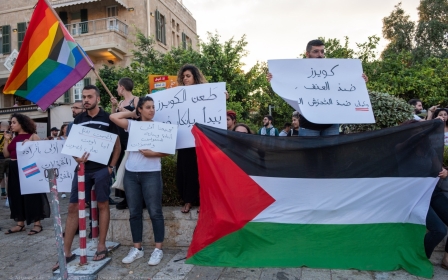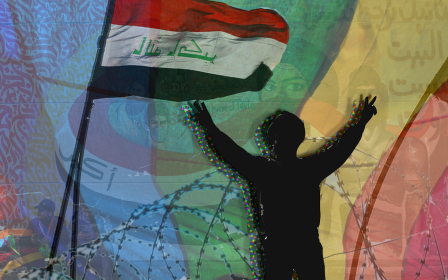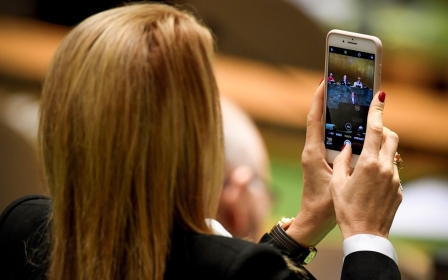Israel: Jerusalem chief rabbi condemned over gay pride comments
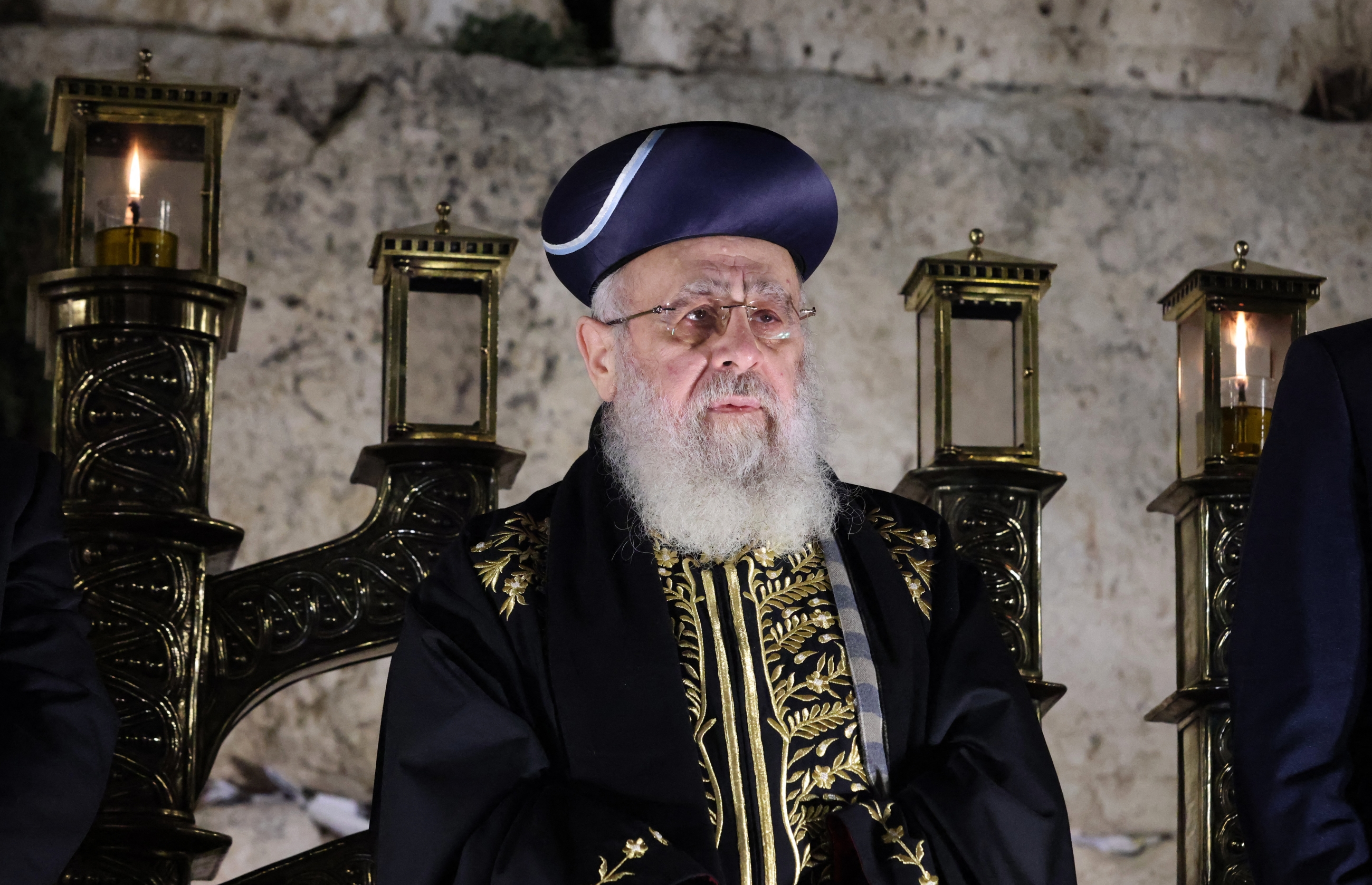
Shlomo Amar, Jerusalem’s chief rabbi and the former Sephardic chief rabbi of Israel, has sparked outrage over his comments about an LGBTQ+ march that took place last week.
Over 7,000 people took to the streets of Jerusalem in an annual pride parade on Thursday, under tight security.
The march demanded equality for members of the LGBTQ community and called for greater acceptance of individuals. Many people carried flags and posters during the 2.5km march, which was cancelled last year due to the Covid-19 pandemic restrictions.
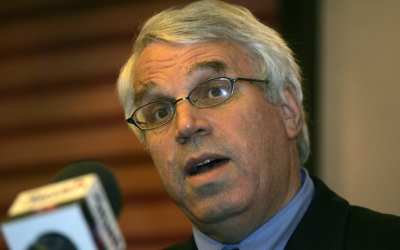
During a sermon on the same day of the march, Amar criticised people who took part in the parade and likened participants to wild animals.
“They did the abomination parade, which they are supposedly proud of... wild animals don’t behave this way,” he said.
Amar also criticised religious figures who showed support for the march.
“We have reached this disgrace, this debasement, this corruption, that there are people who are called religious, who wear a kippa, who take part in this parade,’ he added.
Alon Shachar, the director of Jerusalem Open House for Pride and Tolerance, condemned the comments, saying that the rabbi was inciting hatred.
'Pinkwashing'
“Jerusalem Chief Rabbi Amar chose to incite against and demean the LGBT community, instead of sending a message of tolerance and inclusion,” he said.
“There is no place in Israeli public life for a chief rabbi who holds these views, even less so one whose job is funded by taxpayers,” he added.
Amar has previously come under fire for his comments on homosexuality. In 2019, the rabbi said that gay people could not be religious Jews and called homosexuality a "wild lust that needs to be overcome".
Last year, over 130 names from the film industry signed a pledge to boycott TLVFest, Tel Aviv’s government-sponsored LGBTQ+ film festival, in solidarity with queer Palestinians and the struggle for Palestinian human rights.
Activists said the festival was part of Israel’s "pinkwashing'" agenda, which uses LGBT rights to project a progressive image of Israel and provide political cover for the occupation of the West Bank, East Jerusalem and the Gaza Strip, and human rights violations.
Middle East Eye delivers independent and unrivalled coverage and analysis of the Middle East, North Africa and beyond. To learn more about republishing this content and the associated fees, please fill out this form. More about MEE can be found here.


